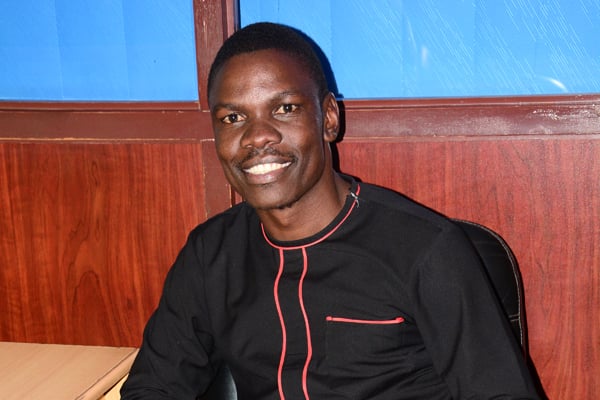Prime
EC unveils local council elections roadmap

Electoral Commission chairperson, Justice Simon Byabakama. PHOTO/ FILE
What you need to know:
- The roadmap, according to EC, started with the preparations for the verification of administrative units at the village level to account for the number of villagers that will go for polls.
The Electoral Commission (EC) has unveiled the elections roadmap for Local Council One and Two ahead of the polls in July 2023.
The roadmap, according to EC, started with the preparations for the verification of administrative units at the village level to account for the number of villagers that will go for polls.
Section (7) (1) of the Local Government Act states: “The boundaries of a local government or of an administrative unit shall be those which existed immediately before the coming into force of this Act”.
Justice Simon Byabakama, the EC chairperson, told Daily Monitor in an interview that the preparations for LC1 and LC2 elections are already underway and that the commission is preparing officials who will oversee the event.
“Most people think that an election is on the polling day, what is most difficult for us are the preparation and like we all know LC1 and LC2 are next year but the preparations have started now,” he said yesterday.
In July 2018, the country went to polls for the LC1 and LC2 elections for the first time in more than 17 years.
The LC1 election was conducted in 60,800 villages while the LC2 polls were held at 8, 378 parishes.
The National Resistance Movement (NRM) dominated, polling more than 87 percent of the total number of positions across the country.
After the election, the successful candidates demanded modest pay after the government moved to block all ways through which the chairpersons made a living. For instance, the government stopped LCs from charging an interest off land transactions.
In the current laws, LC1 and LC2 are entitled to a bicycle for duty and Shs120, 000 annually, which translates into Shs600, 000 in the five years of their office term.
President Museveni wrote to Public Service directing them to find money to pay the LCs for their work at the grass-root level. The progress of the proposal is not clear.
Local Council Regulations Act 2007 under section provides the functions of LC2, “… are largely involved in settling land distributes. They are an appellate court to the LC1 courts. They mobilise the community for various activities. They link the LCI council to the LCIII council. They are the second-lowest court.
The Act also stipulates that the LC1 chairpersons are supposed to get five percent of the local revenue collected at the sub-county/division levels, which they use to facilitate their day-to-day work in addition to some fines and charges on some of the cases they handle.” According to the Local Government Act, the term of office of the executive committees is meant to last five years implying that their term will expire in July next year.
Justice Byabakama yesterday said although they expect the creation of new administrative units, next year’s election will be conducted in the 70,512 villages and at 10,259 parishes. The election model will be by lining up and will be according to the political party dispensation system.
He said: “We already have the money to kickstart the roadmap since we are handling it alongside the women council committees’ elections. The remaining money will be released in the next financial year and we are sure that government will give us this money”.
Mr Paul Bukenya, the EC spokesperson, told Daily Monitor that an approved budget of Shs35b has been earmarked to facilitate the roadmap whose implementation process is already underway.
“This budget has been already approved. This is a full activity and this money will be provided because it has already been requested for. There are key activities that we have to undertake as a commission and this money will be useful,” Mr Bukenya said.





